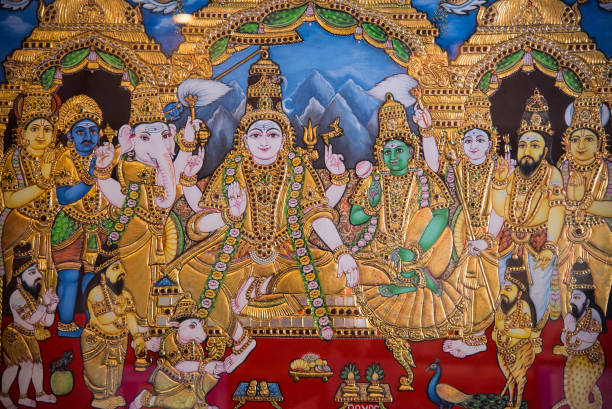Marx’s ideology concerning society is named as bus theory of historical materialism. Marx selected materialism as an important sociological concept as for him the material conditions play a major role in the structural development of society. Karl Marx- Historical Materialism
He mentions that economic conditions include technological means of production and that human society is made by the forces and relations of production.
- The theory is considered ‘historical’ as it came into the limelight only once Marx has completed tracing this theory over societies from one to another stage.
- Word ‘Materialistic’ is used as Marx inferred the advancement of societies in terms of their material bases or economic factors.
- Marx has suggested that every society passes through an evolutionary process with some unique features associated with it. Just as: Primitive Communism → Slavery → Feudalism→ Capitalism →Socialism →Communism.
Marx has tried to brief out every social phenomenon concerning its function in a complex society.
Basic Assumptions of Karl Marx- Historical Materialism.
Historical materialism explains the philosophical concepts of human history but is not historical in actual terms. Rather, it is more a sociological theory that concerns the growth of human society. The theory of historical materialism gives a systemic and scientific direction to experimental studies. Marx has also put forward his views on human society and the nature of people. He talked about: Karl Marx- Historical Materialism
1) Unpredictable nature of society: Marx had a thought that society is changeable over time. These changes are mainly created by internal contradictions and conflicts in human society. Marx elaborates that if such changes are repeatedly observed, tend to show a sufficient degree of regularity that can help in the creation of general declarations about their causes and penalties. Karl Marx- Historical Materialism
2) Society as a unified whole: Marx considers human society being completely interconnected as the thoughts, religions, beliefs, laws, social groups, and institutions are linked integrally. This signifies that Marx has studied the interconnection among these factors instead of studying them separately. Karl Marx- Historical Materialism
3) Human nature and its relationships in society: With consideration of this factor in society, Marx mentions that there exists no permanent persistence of human nature. One can not designate the nature of a person as it is neither evil nor good each time, rather it remains in its original potential. Karl Marx- Historical Materialism
Theory: Historical Materialism.
- The detailed version of the theory of historical materialism is contained in Marx’s preface of his writing named ‘A Contribution to the Critique of Political Economy (1859)’.
- In the document, Marx mentions economic structure as the actual basis of society. Marx says that this structure is made up of its relations of production.
- He adds on by saying that the relations of production reflect the stage of society’s forces of production.
- The theory clearly states that all the objects, being the living or non-living are subject to continuous change and the rate of this change is determined by the laws of dialectics.
More specifically, when people become aware of the social issues, they try to bring the conflicts to an end which brings about a social change. This historical period is called ‘the period of social revolution by Marx. He considers that this resolution brings about a solution to the conflict i.e, new forces of production rise along with new relations of production. Some of the important points that Marx talked about in his theory of historical materialism include: Karl Marx- Historical Materialism
1) Every society has its infrastructure and superstructure.
2) Material requirements enforce the social relations in a society which makes them important to be understood.
3) Social changes concerning different social classes.
4) Importance of forces and relations of production.











